Introducing Ellah-Mae’s
Restoring hope and improving lives
Let’s talk about health
For all of us, the Covid-19 pandemic presents a greater threat than Climate Change. The American paediatrician Dr Joycelyn Elders defines health as: “…. more than the absence of disease. Health is about jobs, employment, education, the environment and all of those things that go into making us healthy”.
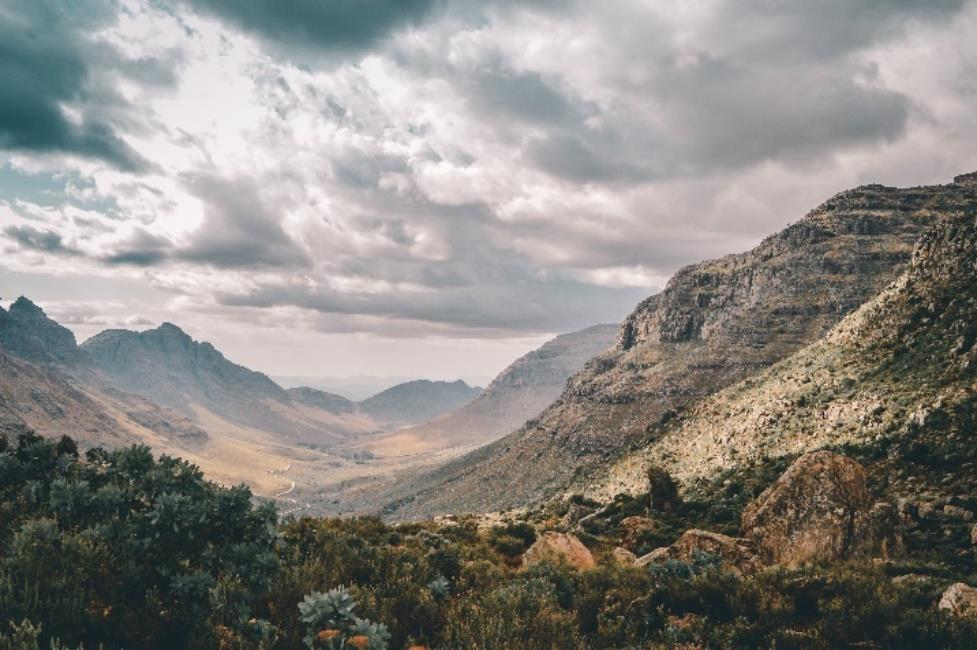
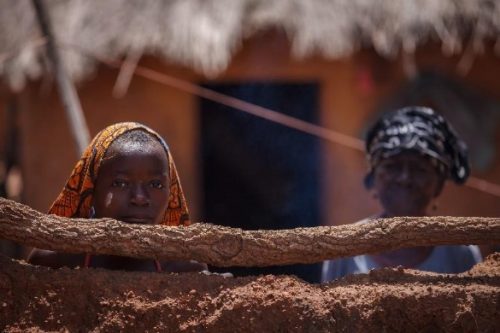
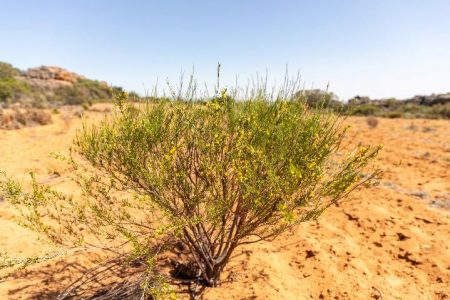
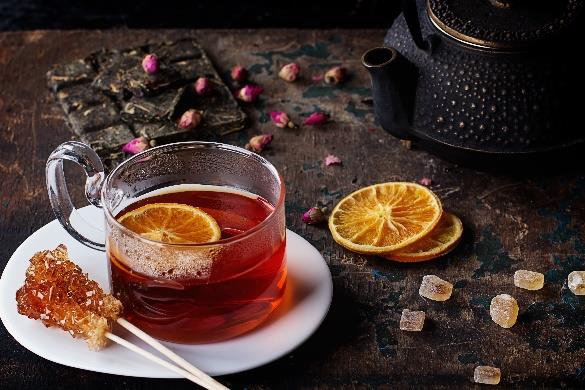
Reviving agribusiness in Africa
The socio-economic inequalities widened by the pandemic has strengthened the business case for Corporate Social Responsibility (CSR). Therefore, we have remodelled our business to focus on agribusiness in Africa. The products that we source are for the international export market. From Tamale, Northern Ghana we are sourcing high-quality hand-processed Shea butter. The Shea tree is not farmed but grows wild. Pronounced ‘roy-boss’, our luxury Rooibos tea is sustainably farmed in the jagged and beautiful
Cederberg Mountains in Western Cape South Africa.
Trading as Ellah-Mae’s
Ellah-Mae’s 8 ethics
• Anti-slavery
• Cruelty-free
• Customer care
• Economic empowerment of rural communities
• Fair pay to suppliers
• No child labour
Proudly putting Africa on the map
Natural African goodness
Greening Africa’s tea
Our Rooibos tea has been packaged in pyramid Polylactic Acid (PLA) teabags. PLA is a polymer which is derived from sugars extracted from sustainably farmed crops such as maize (corn). The outer packaging is made of recycled paper. The inks used to print on the packages are derived from renewable raw materials. In addition, the glues used are non-toxic, non-flammable (wet state) and suitable for indirect food contact.

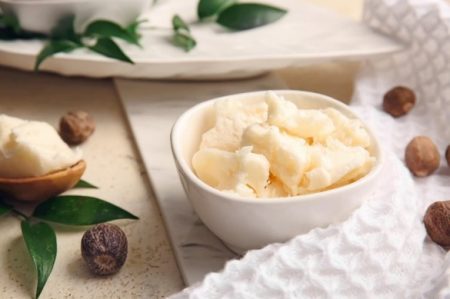
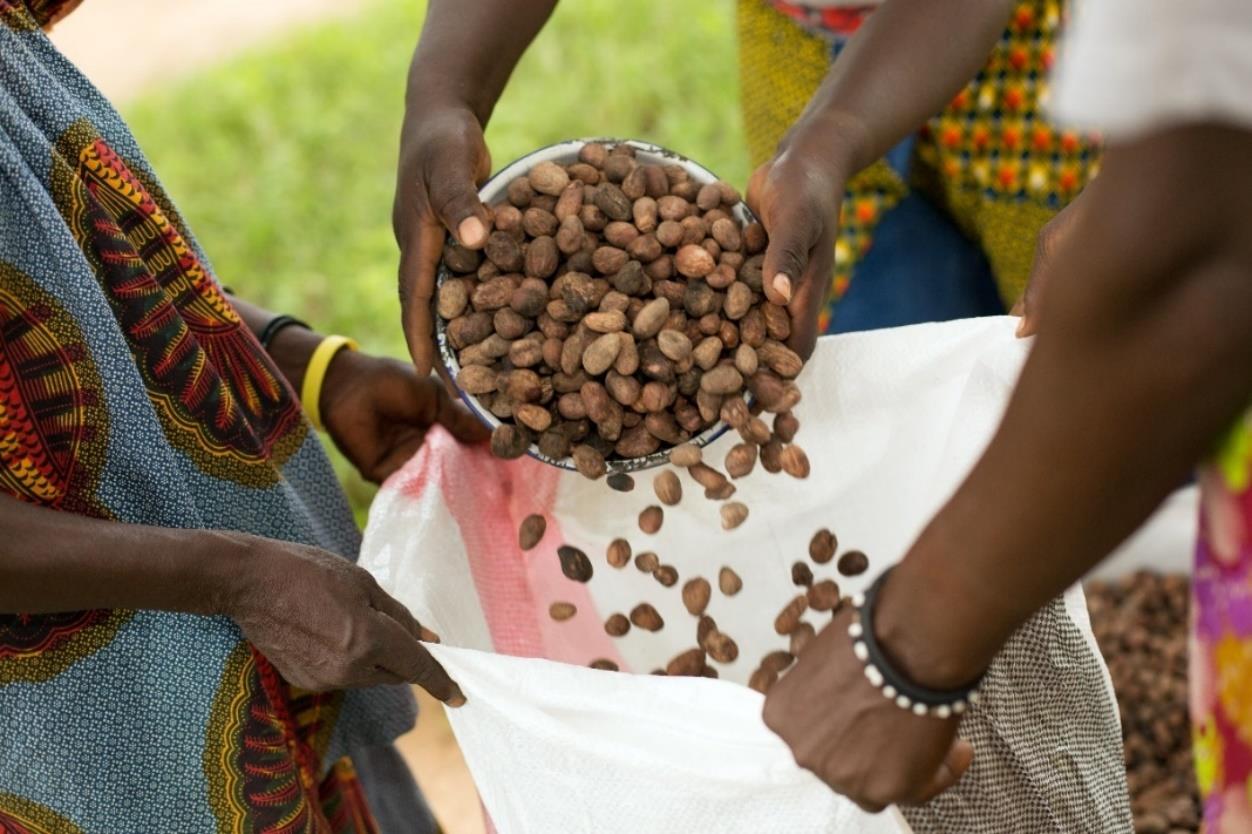
Restoring hope and improving lives
Our supplier sustainably farms, processes and packages the Rooibos tea. Value is added at every stage of the business process and so creating employment. In addition, for over 20 years, the Founder has continuously supported a range of community development projects that focus on issues such as maternal health, managing substance misuse, adult literacy, parenting and Information Communication Technology (ICT). The Founder has a proven track record of supporting communities that have the least resilience from the adverse impact of Covid-19, Climate Change and global economic downturns.
International market for Shea butter
Pure women’s African Gold
Now is the time to support small and medium-sized enterprises (SMEs) in Africa to remain relevant in the international value chain;
Now is the time to demonstrate to your shareholders that fair trade with Africa stimulates economic growth, in contrast to international aid;
Now is the time to secure that advantage over your competitors.
“Plant your seeds. Water them. Do your part as best as you can. The universe will do its part perfectly every time…” John Assaraf, founder of NeuroGym
